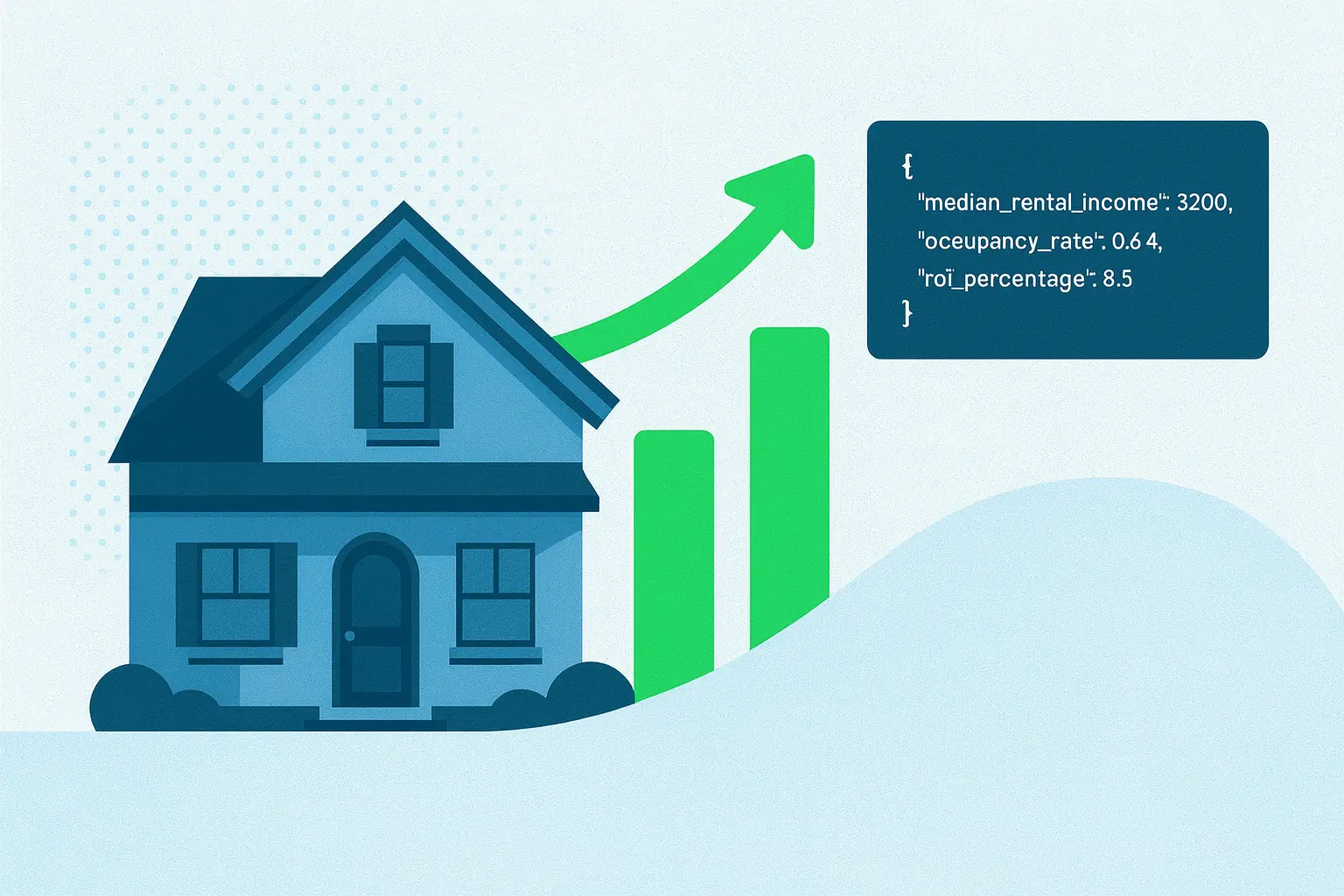If you’re buying a home with a VA loan, it’s essential to understand the Minimum Property Requirements (MPRs)—the standards the VA uses to ensure homes are safe, structurally sound, and sanitary.
Whether you’re shopping for homes in San Diego, CA or houses in Jacksonville, FL, knowing these requirements upfront can help you avoid surprises during the appraisal process. This Redfin article breaks down what MPRs are, why they matter, and what to watch for when buying a home with a VA loan.
What are MPRs and why they matter for VA buyers
The VA requires that homes financed with VA-guaranteed loans meet certain minimum conditions to protect both the borrower and the lender. These standards apply to the property condition, not just borrower eligibility, and are verified during the VA appraisal process. MPRs are not the same as local building codes, and meeting one doesn’t guarantee compliance with the other.
Although a VA appraisal checks for MPR compliance, it’s not the same as a full home inspection. Many issues may not show up unless you get an independent inspection. If the property fails to meet MPRs, the loan may be delayed, contingent on repairs, or denied.
The main property requirements VA appraisers look for
Below are the major categories of requirements. Understanding each helps you evaluate a property with confidence.
Residential use and marketability
The property must be primarily residential in use—not a commercial building. Limited nonresidential use, such as a small home office, is allowed, but the main purpose must be residential. Zoning must also allow residential use.
The property must also be a marketable piece of real estate with clear ownership, legal access, and no restrictions that would prevent resale.
Adequate living space
The home must provide sufficient space for living, sleeping, cooking, dining, and sanitation. For example, a studio apartment is acceptable as long as it has dedicated areas for cooking, sleeping, and sanitation. For multi-unit properties (up to four units), the same principle applies—the property must primarily serve as a residence.
Safe, functional mechanical systems and utilities
The home must have working and safe mechanical systems.
- Electricity: A safe, functional electrical system with no exposed wiring or fire hazards.
- Heating: A permanent, adequate heating system that can maintain livable temperatures in all rooms. Portable space heaters don’t qualify as a permanent heat source. Air conditioning isn’t required, but if installed, it must work properly.
- Water and sewage: A safe water supply and sanitary waste disposal system, whether public or private. Private wells and septic systems must meet local health standards.
Roof, structure, and foundation
The roof must be in good condition, with no active leaks and reasonable remaining life—though it does not need to be new.
The foundation and structure must be sound—no major settlement, cracking, or instability. Crawlspaces and basements must be accessible, dry, and free of conditions that could damage the home.
Site conditions, access, and environmental factors
The property must have safe, all-weather access via public or private roads with legal easements. The site must drain properly, with no serious hazards such as flooding, sinkholes, or erosion.
The property should also be free from environmental hazards like lead-based paint, mold, rot, or infestations.
Extra MPR rules for manufactured and modular homes
Manufactured and modular homes must comply with state and VA standards, be permanently affixed to a foundation, and meet HUD code requirements. Many single-wide manufactured homes are at least 400 square feet because HUD standards require it, not because the VA sets a specific minimum.
How the VA appraisal and MPR review process works
- Home selection: When shopping, avoid homes with obvious issues like roof damage or unsafe wiring.
- Offer and contract: Include a clause that allows you to withdraw or renegotiate if the appraisal flags MPR violations.
- VA appraisal: The lender orders an appraisal from a VA-approved appraiser, who checks both value and MPR compliance. The appraiser is not a full home inspector.
- Appraisal report: The report will note any items that don’t meet requirements and must be repaired.
- Repairs or concessions: The seller may fix the issues, you may negotiate a credit or repair agreement if allowed by your lender, or you can walk away if repairs aren’t feasible.
- Final approval and closing: Once the property meets all MPRs—or the VA grants a specific waiver—the loan can close.
Common MPR issues that can delay a VA loan
- Roof damage or leaks
- Outdated or unsafe wiring or HVAC systems
- Water or septic system issues
- Lack of legal access to the property
- Environmental hazards such as mold, lead paint on pre-1978 homes, or pest infestation
- Insufficient living space or unsafe layout
Tips for VA buyers
- Work with a real estate agent and lender experienced with VA loans—they’ll recognize red flags early.
- Ask about the roof, foundation, plumbing, and electrical systems before making an offer.
- Always get a full home inspection in addition to the VA appraisal.
- Negotiate for the seller to complete necessary repairs before closing or for a credit or repair agreement if permitted by your lender.
- Be cautious with “as-is” properties—many fail MPRs and can’t be financed through VA loans.
- For manufactured or modular homes, confirm they’re properly classified as real estate and meet all structural requirements.
FAQs: VA Minimum Property Requirements
1. Does the home have to be brand new?
No. The VA doesn’t require homes to be new or fully renovated, only that they’re safe, functional, and provide reasonable future utility.
2. Can the VA waive certain requirements?
In rare cases, minor issues may qualify for a waiver, but this is uncommon. Waivers are typically considered only when the issue doesn’t affect safety and the home still offers “reasonable future utility.Most properties must meet all MPRs before closing.
3. Can I buy a condo with a VA loan?
Yes, but the condo project must be VA-approved, and the unit itself must meet all property standards.
4. Can I buy a multi-unit property?
Yes. You can buy up to four units with a VA loan, as long as you live in one and all units meet MPRs.
5. What about homes in flood zones or near hazards?
Homes in designated flood zones may require flood insurance. Some high-risk flood zones have additional eligibility requirements, and environmental risks must be mitigated or cleared before the loan is approved.
If you are represented by an agent, this is not a solicitation of your business. This article is for informational purposes only, and is not a substitute for professional advice from a medical provider, licensed attorney, financial advisor, or tax professional. Consumers should independently verify any agency or service mentioned will meet their needs. Learn more about our
Editorial Guidelines here.



















 English (US) ·
English (US) ·